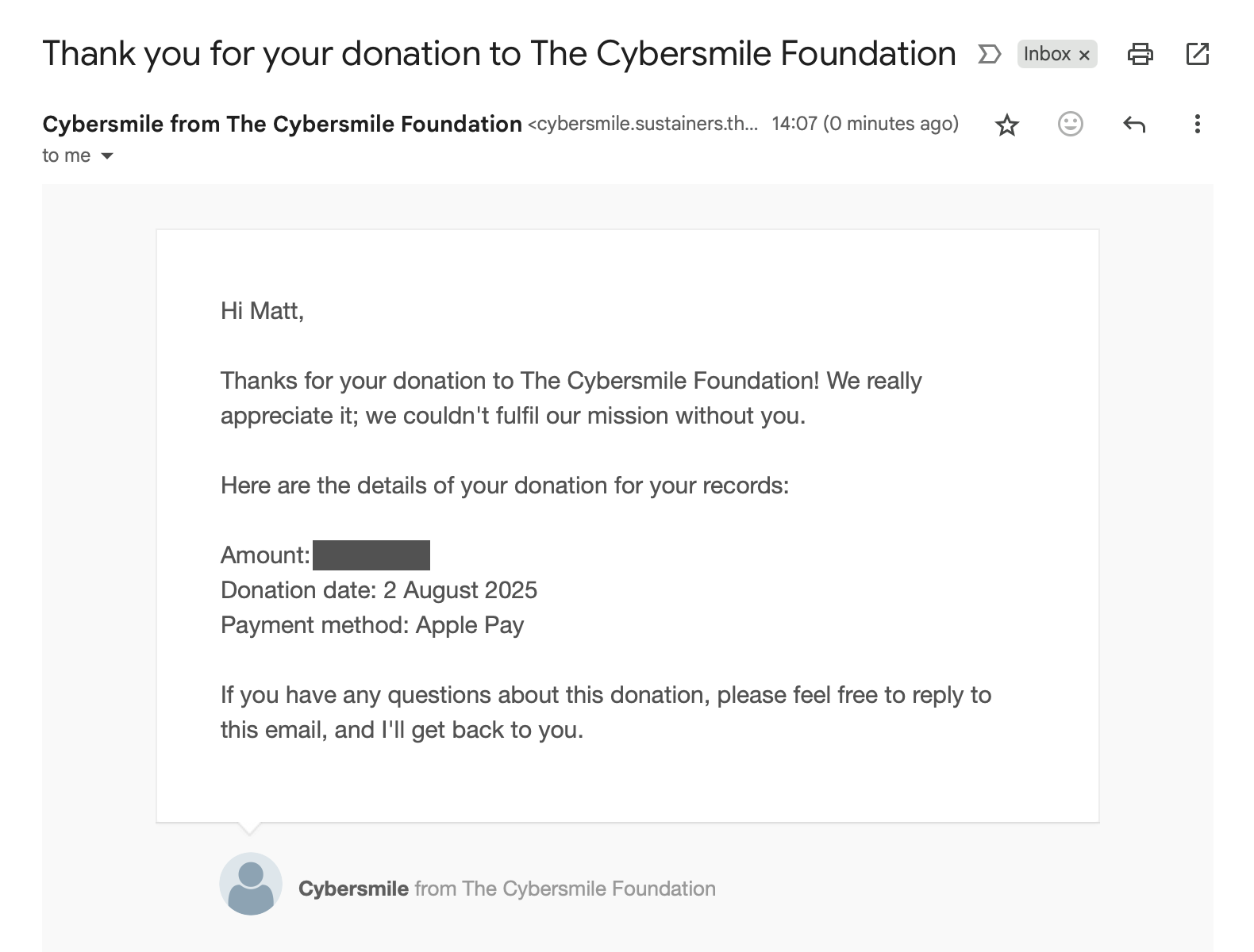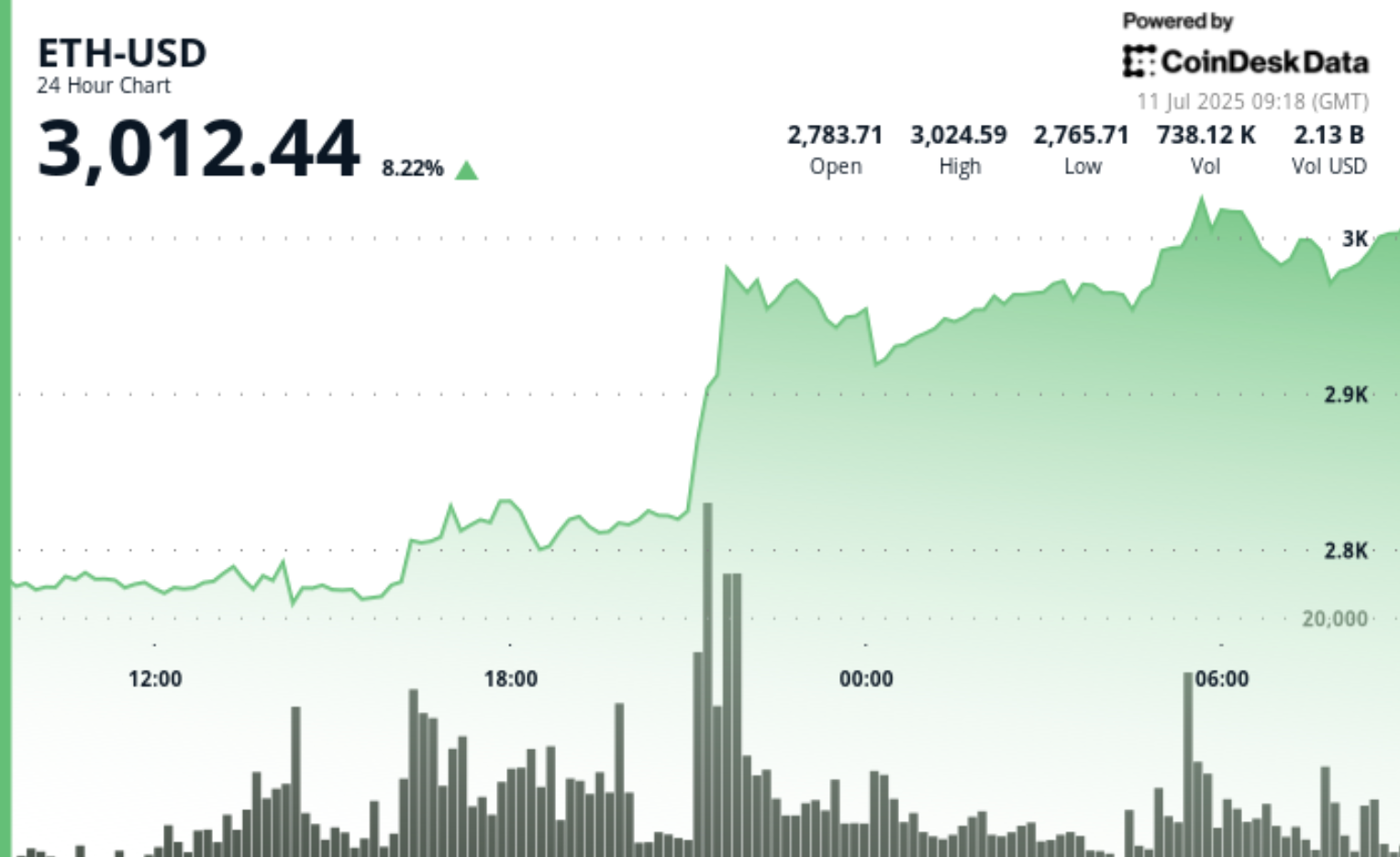![Alexandre de Moraes - Wikipedia Alexandre de Moraes (Brazilian Portuguese: [aleˈʃɐ̃dɾi dʒi moˈɾajs] ; born 13 December 1968) is a Brazilian jurist, former politician, form](https://upload.wikimedia.org/wikipedia/commons/thumb/c/c4/Ministro_Alexandre_de_Moraes_como_presidente_do_TSE.jpg/1200px-Ministro_Alexandre_de_Moraes_como_presidente_do_TSE.jpg)
Alexandre de Moraes - Wikipedia
Alexandre de Moraes (Brazilian Portuguese: [aleˈʃɐ̃dɾi dʒi moˈɾajs] ; born 13 December 1968) is a Brazilian jurist, former politician, former president of the Superior Electoral Court, and current justice of the Supreme Federal Court. Moraes was appointed to the Supreme Court by President Michel Temer in 2017 when serving as Minister of Justice and Public Security.[ 3] Previously, Moraes had acted as Secretary for Public Security in the state of São Paulo and had been a member of the Brazilian Public Prosecutor's Office.[ 4]
Moraes has generated wide public attention in Brazil and abroad for ordering several arrests, search warrants, and terminations of social media accounts of individuals and groups involved or suspected to be involved in planning coups and propagating fake news, in addition to nationwide blocks of widely used platforms that have failed to comply to his judicial demands, such as Telegram and Twitter. He has been a widely controversial figure since, gathering a great number of both supporters and opponents. While critics say his measures are authoritarian, abusive, unconstitutional, and partisan, to supporters they are legal, albeit stern, and have been necessary to maintain Brazil's democratic rule, preventing coups and the rise of extremism. Among Moraes' supporters is the current president of Brazil Luiz Inácio Lula da Silva,[citation needed ] and among his critics is the former president Jair Bolsonaro.
Moraes' tenure as president of Brazil's Superior Electoral Court and certain actions he took during the 2022 Brazilian general election have made him the target of criticism, including conspiracy theories, by Bolsonaro and his supporters.[ 5] After the 2023 Brazilian Congress attack, Moraes ordered several controversial judicial actions, being criticized for combining investigative and judicial functions, generating debates about impartiality and legality. He authorized preventive detentions, censorship of content and blocking of profiles on social networks, raising concerns about freedom of speech and the limits of judicial power.[ 6] [ 7] Moraes also ordered the arrest of the invaders, who he classified as terrorists, which provoked protests from Congress members and groups linked to the political right.[ 8] [ 9]















